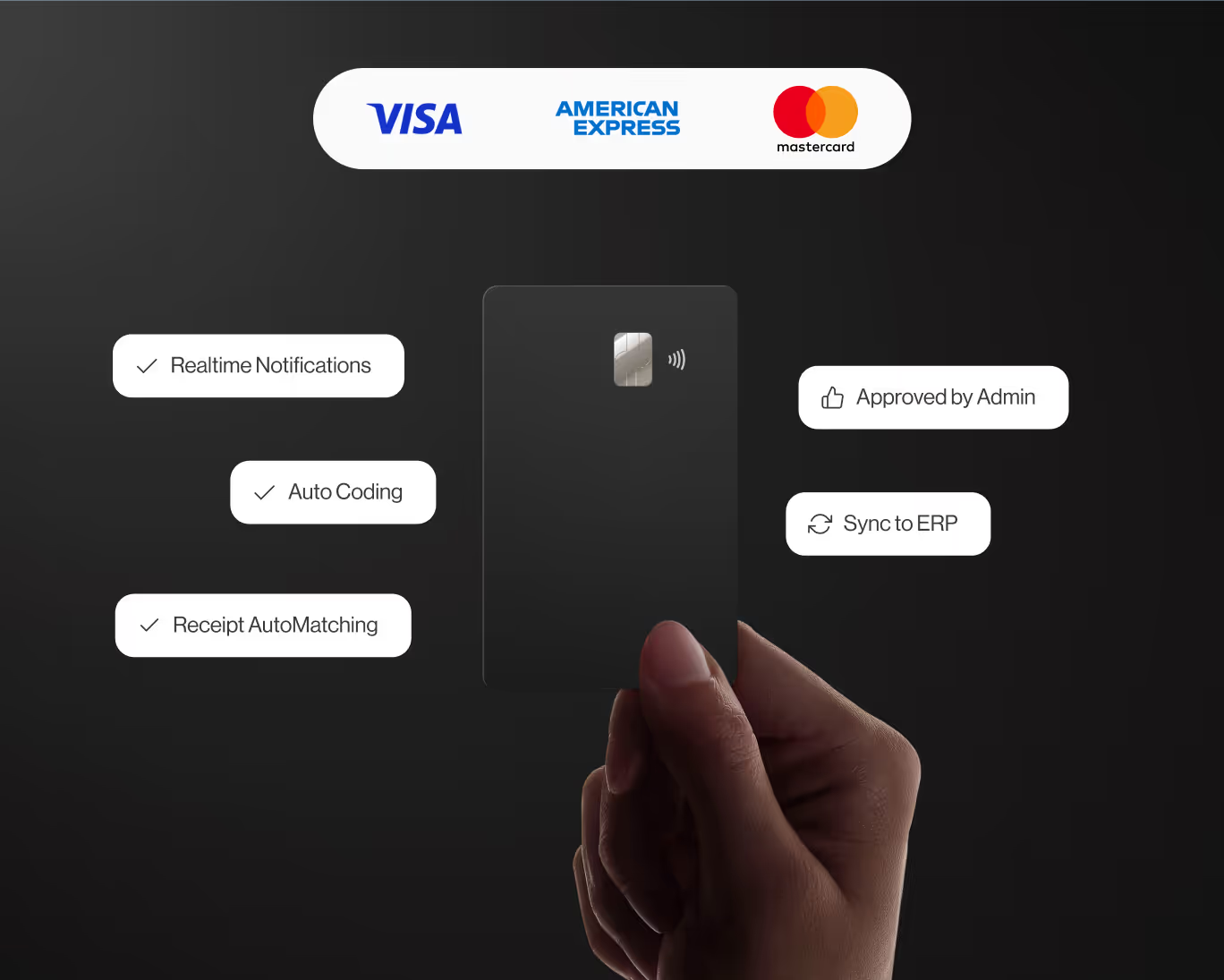Dispute Resolution Boards (DRBs) in the Construction Industry: Fostering Collaboration and Effective Conflict Resolution
In the construction industry, disputes and conflicts are not uncommon due to the complex nature of projects and the involvement of multiple stakeholders. Efficiently resolving these disputes is vital to ensuring smooth project execution, minimizing delays, and preserving positive working relationships among all parties involved. Dispute Resolution Boards (DRBs) offer a unique approach to dispute resolution in construction, providing an independent and impartial mechanism to address issues as they arise. In this blog post, we will explore the concept of Dispute Resolution Boards in the construction industry, their significance, and how they foster collaboration and effective conflict resolution.
Understanding Dispute Resolution Boards (DRBs)
Dispute Resolution Boards (DRBs), also known as Dispute Review Boards or Dispute Adjudication Boards, are independent panels of experienced professionals appointed at the beginning of a construction project. The primary role of DRBs is to promote collaboration, review project progress, and address potential disputes in a proactive and timely manner.
DRBs are typically composed of three individuals with diverse expertise, such as engineers, architects, lawyers, or other industry specialists. These members are mutually agreed upon by all parties involved in the construction project, including the owner, contractor, and other relevant stakeholders.
Significance of Dispute Resolution Boards (DRBs) in Construction
DRBs play a crucial role in the construction industry for several reasons:
- Proactive Conflict Resolution: DRBs are proactive in their approach to dispute resolution. They continuously review project progress and identify potential issues before they escalate into major disputes.
- Cost and Time Savings: By addressing disputes promptly, DRBs can prevent costly and time-consuming litigation, saving resources and avoiding delays in project completion.
- Impartiality: DRB members are neutral and impartial individuals with no vested interest in the project's outcome, ensuring fair and unbiased resolution of conflicts.
- Expertise: DRBs comprise professionals with extensive industry knowledge and experience, enabling them to understand complex technical and contractual matters.
- Preserving Relationships: DRBs foster a collaborative environment and encourage parties to work together to find solutions, preserving positive working relationships among all stakeholders.
- Finality and Binding Decisions: While DRB recommendations are non-binding, they hold significant weight. If parties agree to accept DRB recommendations as binding, they can avoid further disputes.
Functioning of Dispute Resolution Boards (DRBs)
DRBs function through a series of reviews, meetings, and recommendations during the construction project. The typical process involves the following key steps:
- Pre-Construction Review: At the project's outset, the DRB is appointed, and its members become familiar with project plans, specifications, and contracts. The DRB holds an initial meeting to establish communication protocols and familiarize stakeholders with the DRB process.
- Regular Project Reviews: Throughout the project's duration, the DRB conducts regular site visits and project reviews to monitor progress and identify any potential issues or disputes.
- Dispute Identification: If a dispute arises, the DRB addresses it promptly. The involved parties present their positions and arguments to the DRB, and the board may request additional information or documentation as necessary.
- Non-Binding Recommendations: After reviewing the dispute, the DRB provides non-binding recommendations based on its evaluation of the facts and relevant contractual provisions. These recommendations aim to guide the parties toward a resolution.
- Parties' Consideration: The parties involved in the dispute have the option to accept or reject the DRB's recommendations. If accepted, the parties follow the recommendations to resolve the dispute. If rejected, the matter may proceed to other dispute resolution methods, such as mediation or arbitration.
- Documentation: Throughout the process, the DRB maintains detailed records of its reviews, recommendations, and parties' responses for future reference.
Benefits of Dispute Resolution Boards (DRBs)
DRBs offer various benefits to the construction industry:
- Early Intervention: DRBs identify potential disputes early in the project, allowing for prompt resolution and preventing issues from escalating.
- Flexible Process: The DRB process is flexible and tailored to suit each project's unique requirements, allowing for efficient conflict resolution.
- Expert Insights: DRB members provide expert insights into technical and contractual matters, helping parties reach informed decisions.
- Cost-Effectiveness: The cost of employing a DRB is relatively low compared to potential litigation expenses, making it a cost-effective dispute resolution method.
- Time Savings: DRBs provide timely recommendations, saving the time and resources that would otherwise be spent in lengthy legal proceedings.
Conclusion
Dispute Resolution Boards (DRBs) play a critical role in the construction industry by fostering collaboration and effective conflict resolution. Their proactive approach to identifying and resolving disputes helps ensure smooth project execution, maintain positive relationships, and save costs and time. Engaging experienced DRB members and implementing a well-structured DRB process can significantly contribute to successful construction projects and enhance industry collaboration among all stakeholders.










